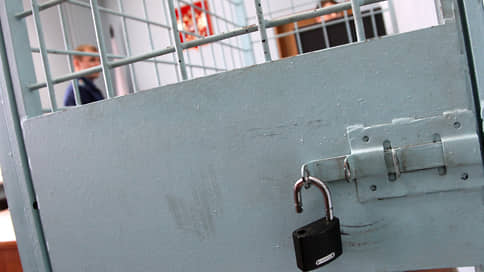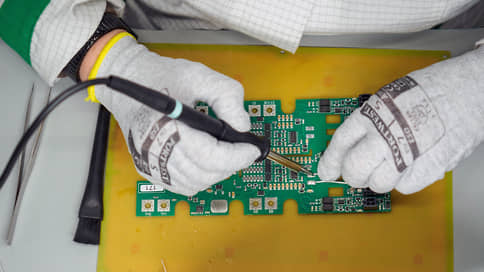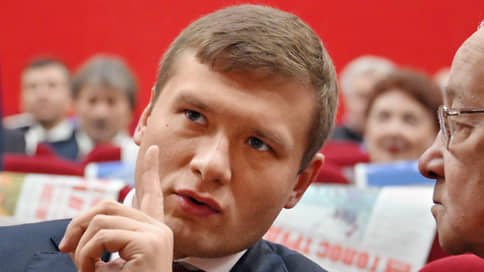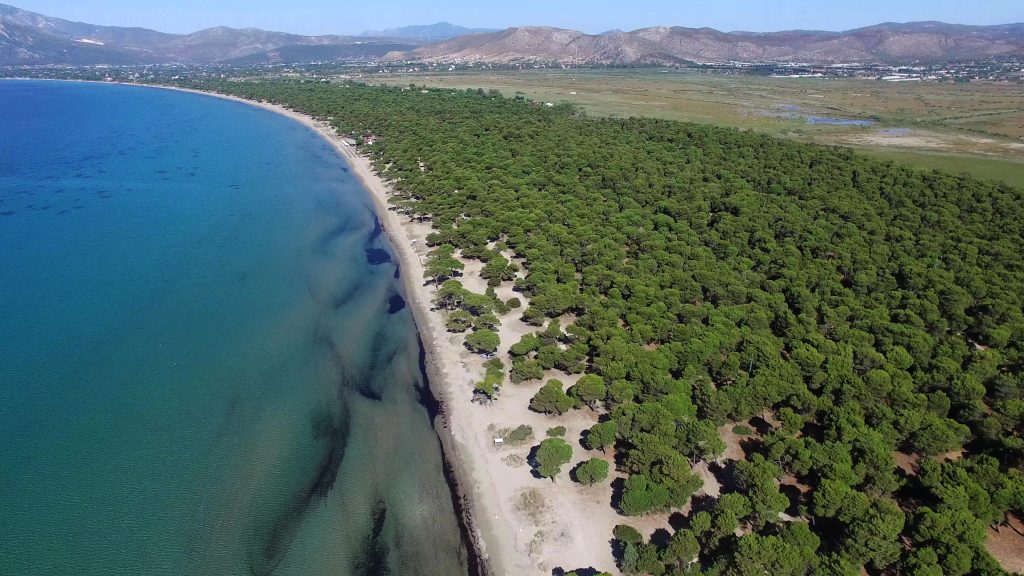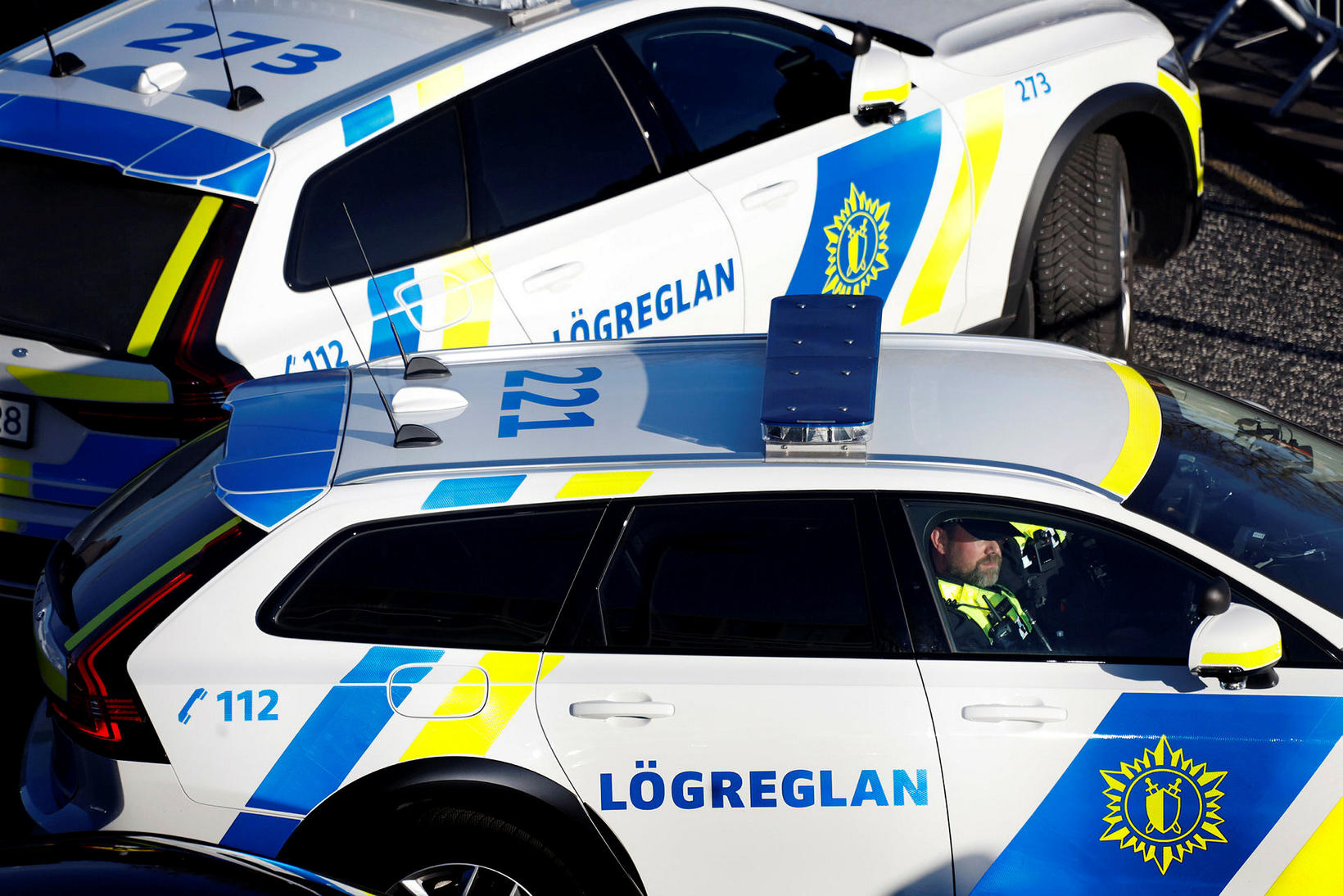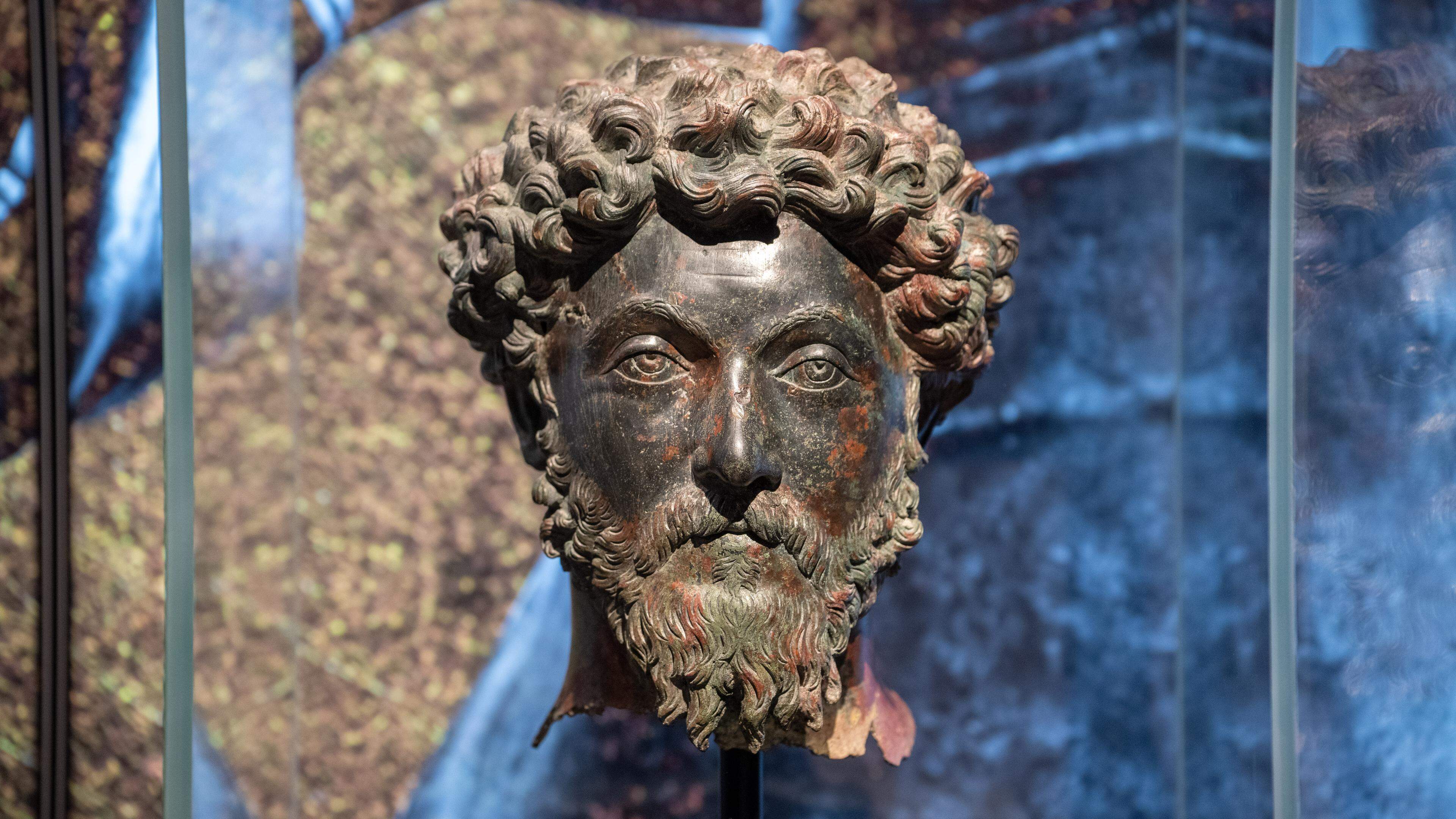Solder films, wonders and « folk » tapes
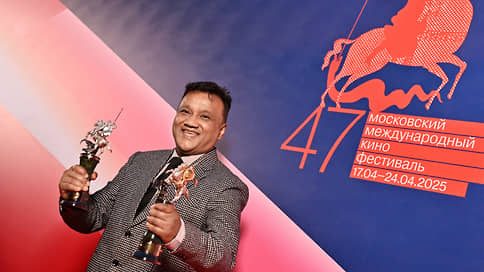
The 47th Moscow International Film Festival (MMKF) completed his work. The main prize – “Golden St. George” – the jury under the chairmanship of the Spanish director and producer Luis Minyarro was awarded to the picture of the Indian director Pradip Kurba “Elysium”. The best documentary was called « Aunt Hu and her Paradise Garden » Pan Chici (China), and the back of the Bee Dance, the background of Cortiso (Spain). In the competition « Russian premieres », the jury, led by director Vladimir Grammatikov, gave the victory of Anton Maslov’s tape “Hell’s husband”. Comments Julia Shahelman.
For many years, MMKF has remained a sort of thing in itself, which stands apart from both domestic and world film process, including, of course, festival. The difficult international situation that the organizers invariably refer to (this year the MMKF program director Ivan Kudryavtsev said in an interview that Western directors who want to participate in the festival receive threats for this – it is difficult to verify this statement), of course, plays a role, but it does not determine.
The relevance of the MMKF as a cinematic event ended, perhaps, somewhere by 2010, and since then it is a show of wonders and the opportunity to see films on the big screen, which, for various reasons, cannot be caught in the box office. Actually, such a curiosity (at least for the Russian audience) can be called “Elysium”, except for the main prize, also awarded the award for the best directing. Pradip Kurba, a native of the Indian state of Meghalai, shoots in the language of Khasi and in all his works talks about his small homeland and its inhabitants. The “Elysium” is also devoted to them – a sentimental (anti) utopia, the action of which takes place in 2047 in an endangered village, where only six people remained.
However, the main MMKF programs, even with such kunshtuki, are already traditionally inferior in popularity out -of -competition. In the last couple of years, these are “wild nights” for lovers of non -standard, low -budget, independent genre cinema (this program, I think, can already go into a separate festival without reference to the MMKF). In addition, this time great enthusiasm caused the premiere of the series “Traveling to the Sun and Back” by Roman Mikhailov, who already had his own “sect” of fans, and they do not need any festival to grab all the tickets to the new work of their beloved author.
However, for domestic films, selected both in the main competition and in the Russian Premiere program, participation in the MMKF is still a kind of success, as well as a promotion tool – it is not for nothing that many of them are released almost immediately after the festival is completed. “Postar” Andrei Razenkov can be watched in the movie this week. The winner of the contest “Hell’s husband” and “The Legends of our ancestors” Ivan Sosnin will be released on May 1, and the romantic comedy of Ivan Petukhov “There”-the 15th.
All of these films are not at all “festival” in a common sense, but purely spectator. The Postarian is trying to talk about the Great Patriotic War through the life of ordinary people in the rear (as he succeeds, another question, and the answer to it is sad). “There” reduces modern 30–40-year-old citizens who find love against the backdrop of a tourist movie book that demonstrates the advantages of domestic tourism (summer views of Vladimir, Kazan, Ufa, beautiful landscapes and excellent roads flash on the screen). “Hello to my husband” – truly a folk melodrama, in which the authors themselves see the heiress “Moscow does not believe in tears”.
At the same time, one can only regret that “legends of our ancestors” remained without prizes. After all, Ivan Sosnin is one of the few domestic filmmakers who can shoot family cinema so popular now so that when viewing does not become painfully embarrassing. His stories are full of sincere sympathy for heroes and soft humor. The director remains true to these principles in the new film – his second experience in the fantasy genre after last year’s “alien”.
The myths of Udmurts, Komi and Mansi come to life here, about which most of the spectators of the European part of Russia, most likely, will learn for the first time. At the same time, Sosnin also reveals other topics important for him: the break and retention of family and simply human ties, globalization and urbanization advancing on nature, doing this with their company kindness and optimism. Optimism is not strained, and kindness is not superficial, which distinguishes its fairy tale from expensive glossy blockbusters in the same way as the true product of folk crafts differs from a stamped plastic copy.
And if we talk about the festival as an event that presents the audience of new authors and makes it possible to sound fresh voices, then there were two such finds at the current MMKF, which, probably, is already luck. This is Mikhail Arkhipov, who participated in the main competition with his “planet” – an interesting formal experiment and a tribute to dreamers in cinema. And Mikhail Kulunakov, who presented the film “Wolves” in the “Russian prime minister”, called the Altai Epos program.
The tape was based on real events that occurred at the end of the 19th century. However, on the screen, a specific story of those that are transmitted from mouth to mouth, is melted into a parable about love, hatred, rivalry and revenge that turn people into wolves. The film was shot in Altai and full of household details, costumes, rites and so on, but does not look like an excursion to the ethnographic museum. This is a fucked, tangible space, the organic part of which is the local nature, as if giving the heroes of power or taking them away. And events and heroes cause an emotional response, erasing a cultural, linguistic and temporary barrier.

